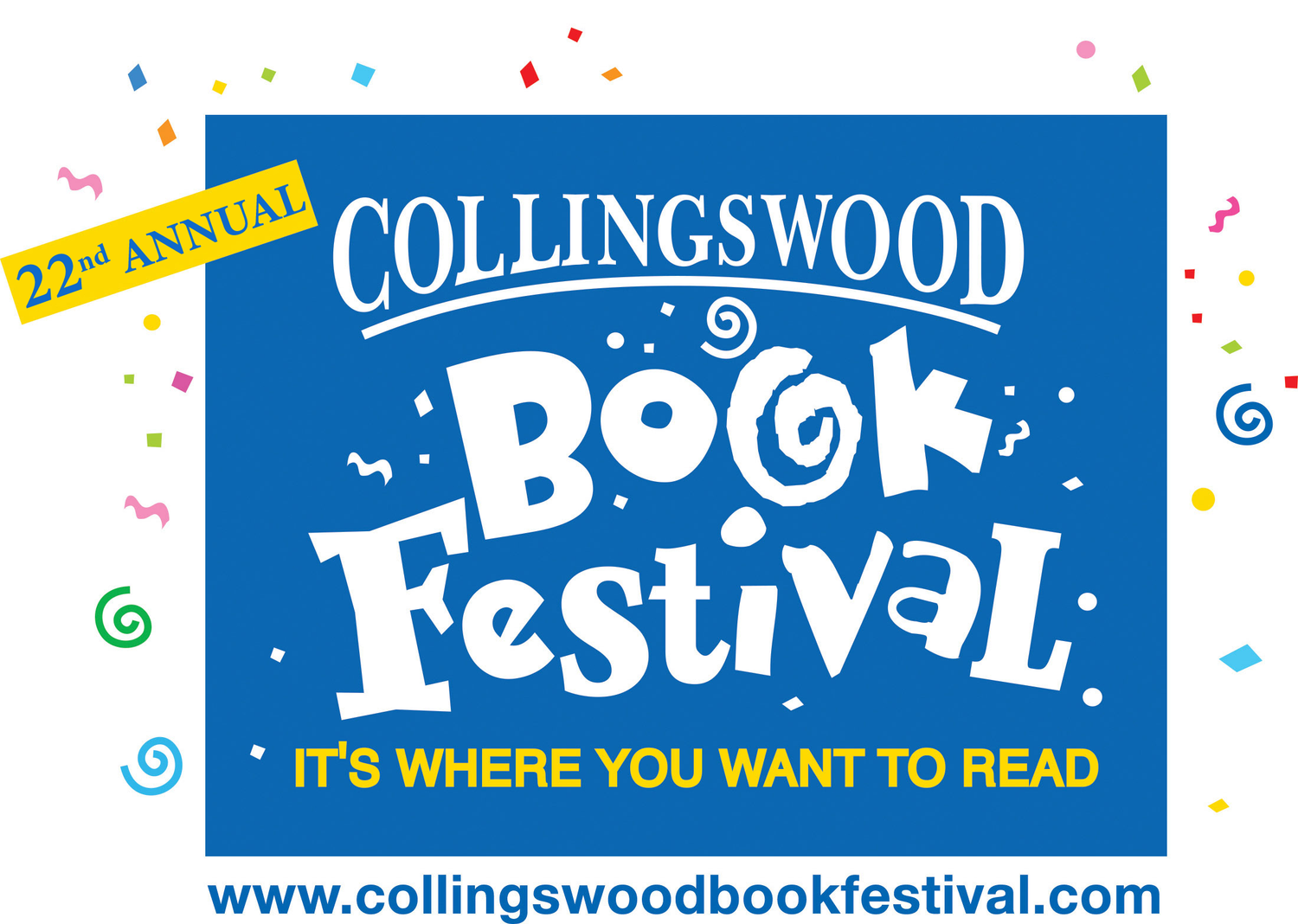Giving Voice to the Experiences of Multiracial Children: A Conversation with Dr. Lynnette Mawhinney
By Ifrah Akhtar
We may not always realize this, but children’s books bear a unique burden to educate, entertain, and shape the minds of youth, educators, and families. These books offer a visual space where words are accompanied by colorful art on each page. However, when children don’t see themselves reflected in the messages their books carry, it can hinder their acceptance and understanding of themselves in the world they live in.
Recently, I had the pleasure of speaking to Dr. Lynnette Mawhinney, author of acclaimed children’s book, Lulu the One and Only. Lynnette is an energetic and informed writer, she knows the value her book brings to the children’s literature scene. In addition to her children’s book, she is an internationally-traveled educator, researcher, Fulbright Core Scholar, and Chair of the Department of Urban Education at Rutgers University. Our conversation reflects her multi-dimensional approach in writing her first children’s book.
You have multiple academic and non-fiction publications, so what led you to write a children’s book?
My work in the education field mainly takes place in the classroom and from these experiences, I know there is not enough diverse representation in children’s literature. Writing Lulu the One and Only was a chance for me to take my knowledge and build something that kids can have as a tool in the classroom.
Lulu was published at a time when the world demonstrated an urgent need on how to have conversations around race at school or at home. By writing this book, I’m giving parents and teachers a tangible resource that not only initiates a conversation about race but has a free curriculum and activity guide that can encourage everyone to think towards solutions.
It’s important to see and understand perspectives outside of your own. Lulu was created to give voice to the lives of multiracial children. In the story, children are exposed to a question, “What are you?” and how that can be harmful to another person based on their experiences. For children on the receiving end of the question, Lulu comes up with a clever way to respond which you can find in the book.
Your book centers around a multiracial narrative. How can parents discuss issues like racism with their children?
Start by having a discussion and being open to your children leading with questions. Being multiracial myself, my mother still has never discussed the topic of race with me. I am aware that parents can get scared of saying the wrong thing or not having all the answers, but silence is deafening. The initial conversation with your children can be casual, you can even admit you don’t know where to start. Most importantly, genuinely listen to your children and their experiences. You may be surprised by what insights they have to share.
Drawing on your experience as an educator, why is it important to empower teachers and students?
Everyone has gone to school and thinks they know school, but just because you’ve had surgery doesn’t mean you know how to be a surgeon. Let’s reflect further on the recent years with the pandemic and schools going virtual; people realized just how much teachers did. Yet, there is another layer to this. In educational spaces, adults often forget to ask students’ opinions when making decisions. Students are an active part of their learning; their voice and what they think matters. By uplifting student AND teacher voices, both sides feel empowered to take action; becoming more engaged in learning while addressing issues facing our world.
For this year’s festival, we are focusing on the freedom to read. On that note, what are your thoughts on banned books?
We know literature is powerful. In every point in history, when people wanted to oppress another group, the first thing they took away was literature and reading. A few examples: during the Holocaust, Nazis would hold book banning parties, before the Rwandan genocide, media was used to pit tribes against each other, and during slavery in the Americas, access to reading and knowledge were taken away.
Modern book bans provide voicelessness, especially to BIPOC communities and aim to censor or erase their experiences. Unfortunately, in Florida, book bans are even leading to social studies curriculum being changed which is quite dangerous for the educational quality of the country. Keep in mind these bans are not random; they are an intentional strategy to control narratives.
History has shown us that literature bans are done out of fear and to oppress others. Personally, I stand against book bans. People have the right to make their own decisions and they should have the liberty to read what they want.
I’d like to express gratitude to Lynnette for her work. As a person of color myself, I’ve experienced the burden of having to explain my perceived otherness in K-12 spaces without having any books about people like me to turn to. No person should be put in that position, especially at such a young age. Books like Lulu the One and Only are bridging the gaps of inclusion and giving children an affirming narrative for their school experiences.
Lynnette Mawhinney will be speaking about her book at 3:00 PM during the Collingswood Book Festival, taking place on Saturday, October 7th, 2023.
We hope to see you there!

